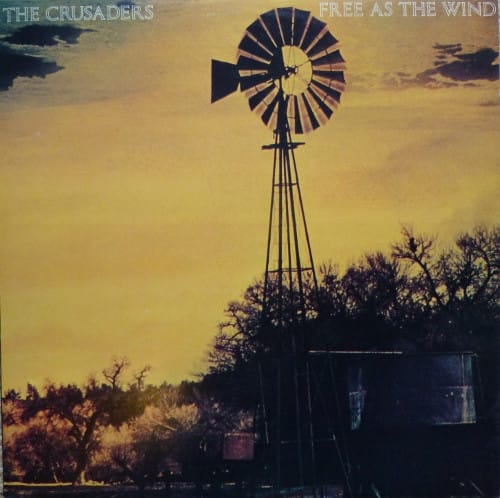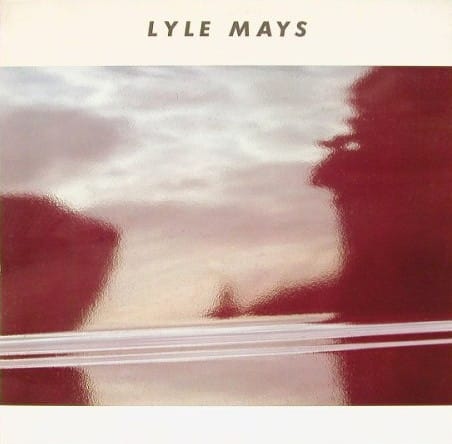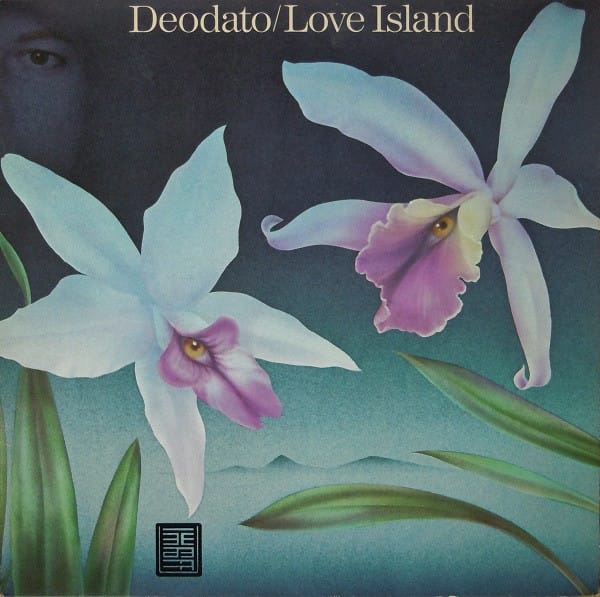Eli Reviews: Free As The Wind – The Crusaders (1977)

I checked out a few Crusaders albums last year but the impression they left me was of a sort of middling jazz funk, especially compared to the Herbie Hancock and George Duke records I’d been listening to, which were virtuosic and super funky, interesting, challenging. For most of it, this record was changing my opinion. In the opening, title track, there’s an interesting filter effect on the sax I hadn’t heard before and he (Wilton Felder) takes a ripping solo. The production is very disco – too disco – but the drums are really killing here, giving extra interest.
“I Felt The Love” is pretty groovy, the more complex harmony and detailed groove challenging the anodyne disco treatment. I put it into my Transcription playlist, but don’t remember if it was for the sax solo or Joe Sample’s on keys. He became an early hero of mine when I went looking for funky piano players – we had a funky tune in jazz combo in my first year in college and I wasn’t sure what to do – and found ‘Night Flight’ and became enamored (actually, before I forget: there’s some similar chord changes to that song in the last tune on this record, “It Happens Everyday”).
But I don’t find I love any of his solos here. “The Way We Was” switches it up and brings in what I think of as a Rickie Lee Jones feel. I find this one and the next track, “Nite Crawler”, pretty mindless. “Feel It” hits pretty hard but there’s just something missing from a lot of this stuff which brings me back to my original impression of a sort of middling jazz funk that doesn’t have really great songwriting or really nuts playing. Legends for sure, but in the hall of legends I’m definitely putting the Deodato I’ve recently been discovering far ahead of them.




Leave a Reply
You must be logged in to post a comment.